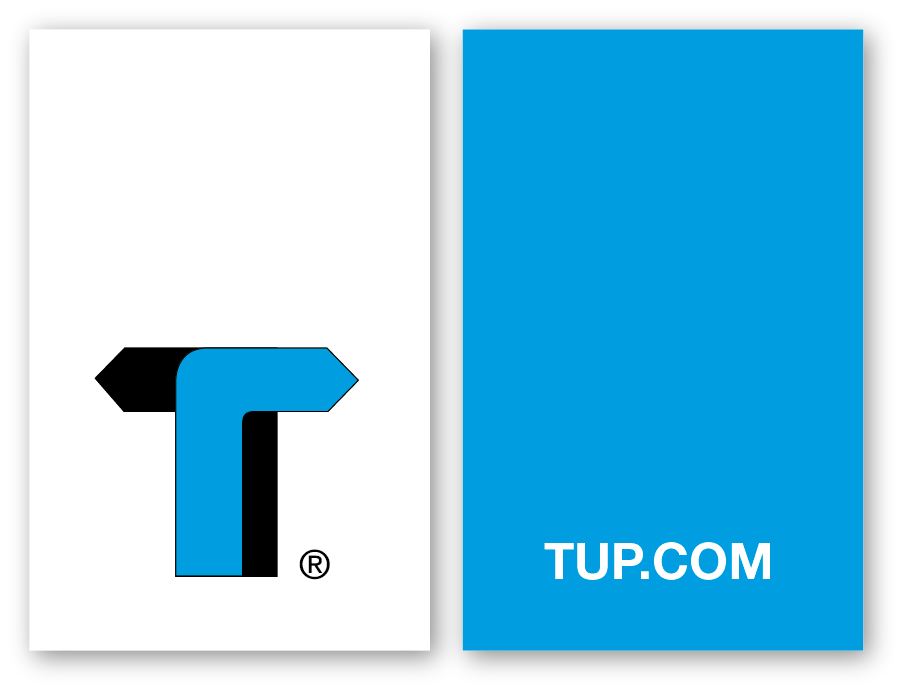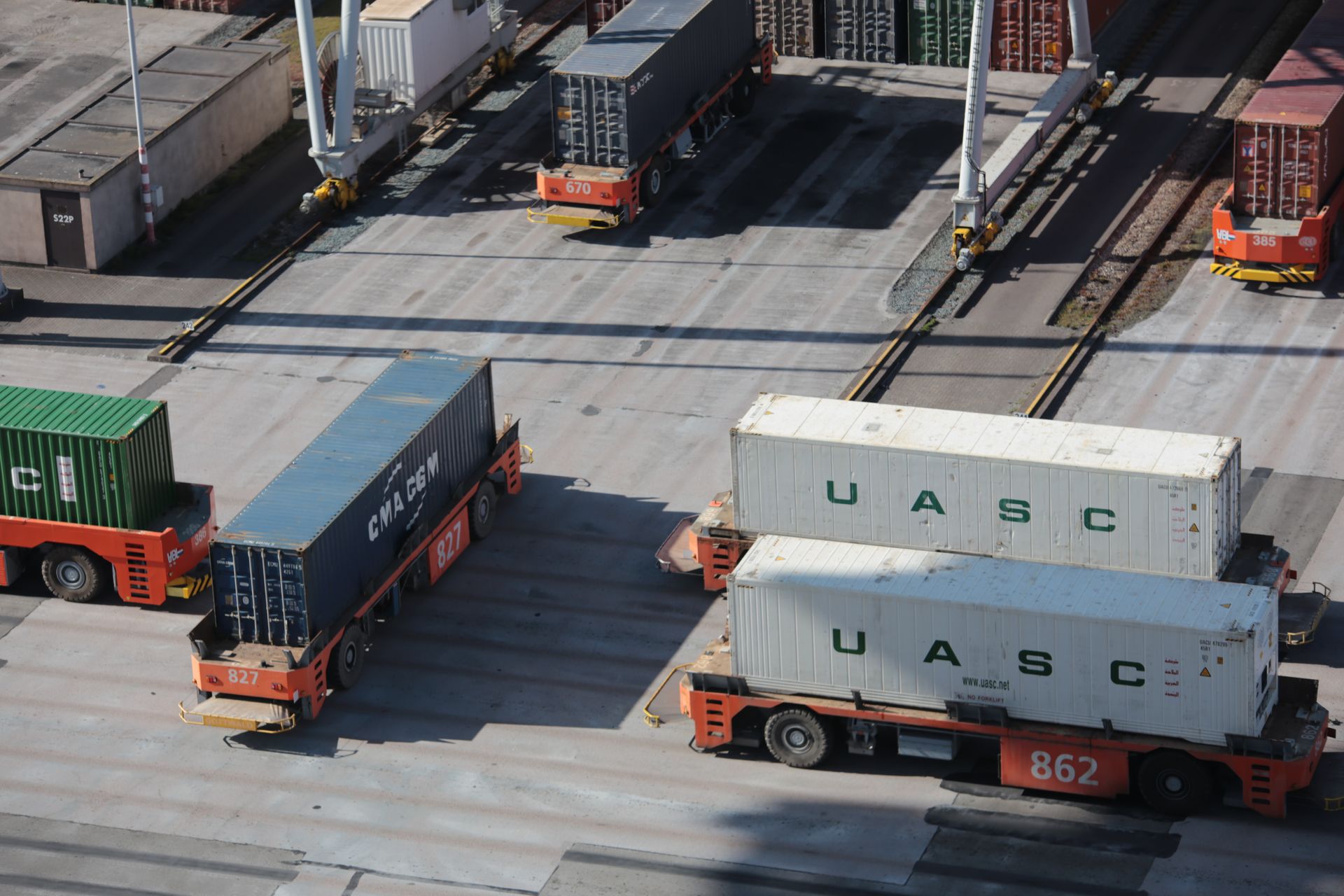Logistics
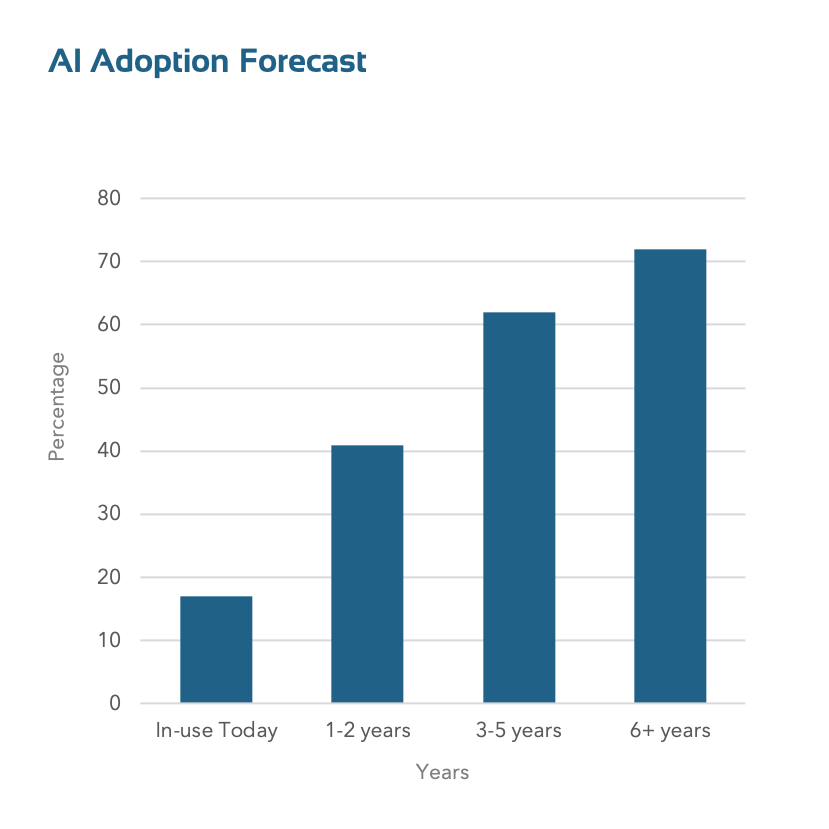
The annual member survey of the logistics association MHI examines the use of individual technologies. Over the coming months, many are planning first AI projects in their warehouses. (Quelle: MHI, 2021)
Become an AI Front Runner
Companies that postpone adopting artificial intelligence will lose 23% of their operating cash flow by the end of the decade - mainly to AI-supported competitors. That is the conclusion of the McKinsey Global Institute.
And the logistics industry is responding! While only 17% of those surveyed by the logistics association MHI said they would use artificial intelligence in their warehouses in 2020, more than 60% plan to use AI within the next 3 to 5 years.
Companies that act now will secure their future competitiveness
AI in Logistics
Transportation and intralogistics offer enormous economic potential for the use of AI. By using machine learning technologies, companies can save time and money, and since many processes are already digitized, use cases can be implemented quickly today.
Around the globe, research is being conducted into solutions to make individual parts of the supply chain intelligent. We have outlined these as examples in our vision AI in logistics:
Zoom In
Below you will find exemplary AI use cases explained along the supply chain. This collection of commercially proven solutions promises to add tangible value for companies in the industry. Click on the individual items to learn more about your possible uses.
With the help of an AI developed by us, the 8- and 11-digit customs tariff number can now be automatically derived from the item description of a product.
AI-powered demand forecasting with much more detail and accuracy enables better planning than traditional approaches.
With the help of machine image recognition, the quality of new and returned goods can be determined in the incoming goods department.
Robots equipped with machine vision can pick up and place goods precisely. Today, even non-rectangular packages and bin picking are possible.
Reinforcement Learning can be used to find better solutions for space optimization of individual packages. More about the project "The Perfect Package" →
Filling empty runs, consolidating shipments, combining different modes of transport. With freight optimization, AI reduces transport costs.
AI assistants can help with picking and packing, and robots relieve manual workload. The shipping process gains significant speed.
Reduce overall delivery times for entire fleets or hybrid truck-drone collaborations for package delivery.
Identifying B2B recipients through smart keyword filtering ensures correct application of rates for customers and accurate chargeback.
Real-time time series forecasts allow precise delivery predictions, increasing customer satisfaction.
Logistics offers a multitude of further use cases for AI integrations. Here we have collected 100+ use cases from various industries.
Reference projects
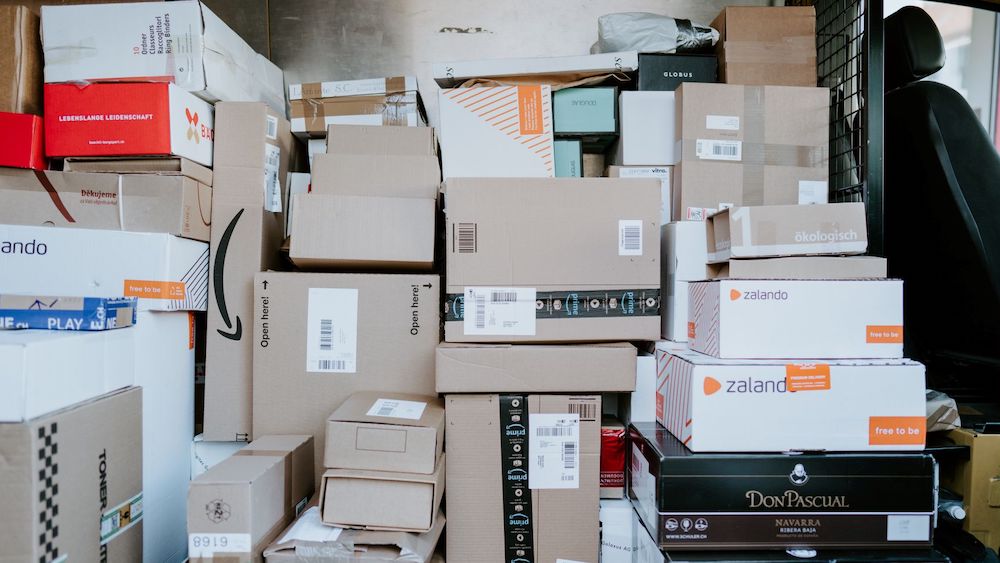
Case Study > Logistics
The Perfect Parcel
Together with Dr. Thomas + Partner (TUP) GmbH, and the Karlsruhe Institutes of Materials Handling and Logistics Systems and Technology (KIT), we are developing an AI that makes the packing process more efficient.
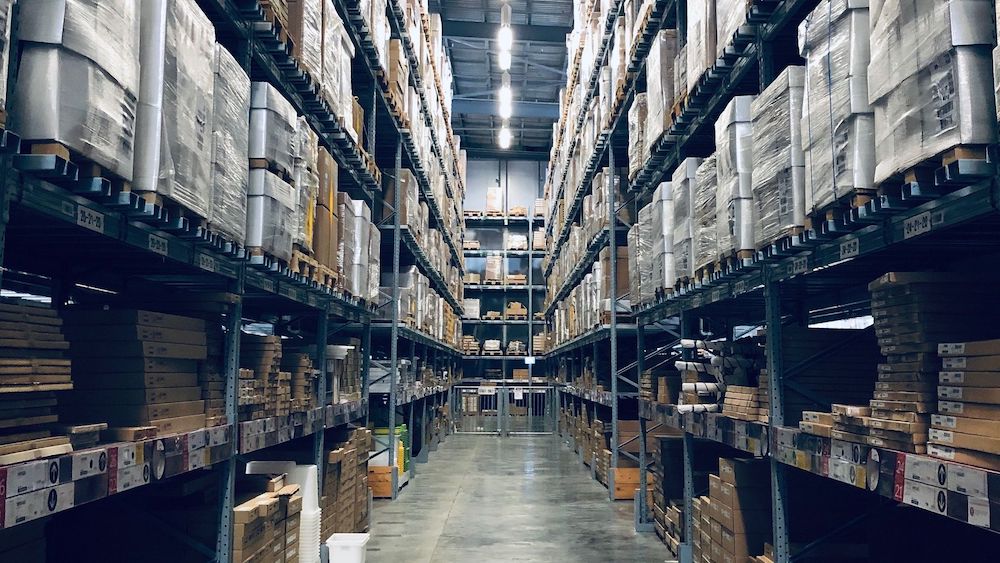
Case Study > Logistics
Reinforcement Learning for High-Bay Warehouses
AI can learn to control stacker cranes. We demonstrate how a reinforcement learning (RL) model is more flexible in responding to new situations than traditional rule-based approaches.
These logistics companies count on AMAI

